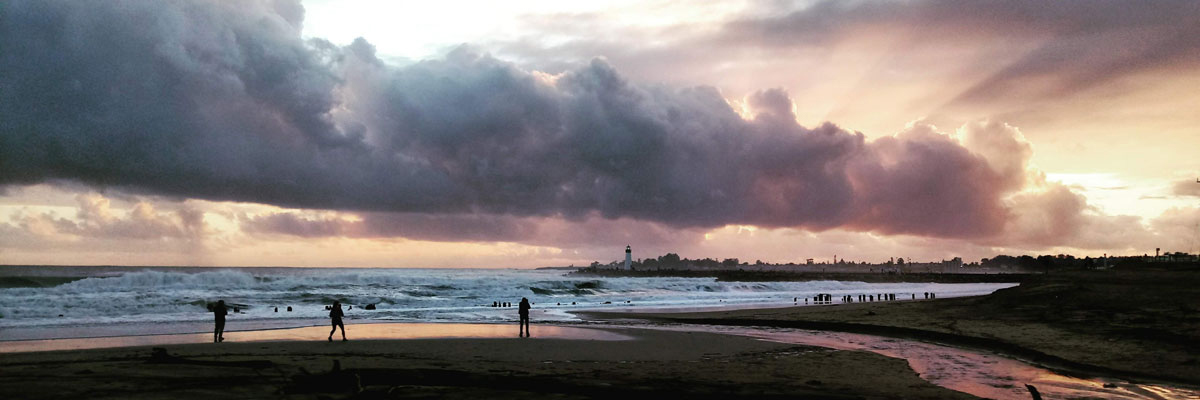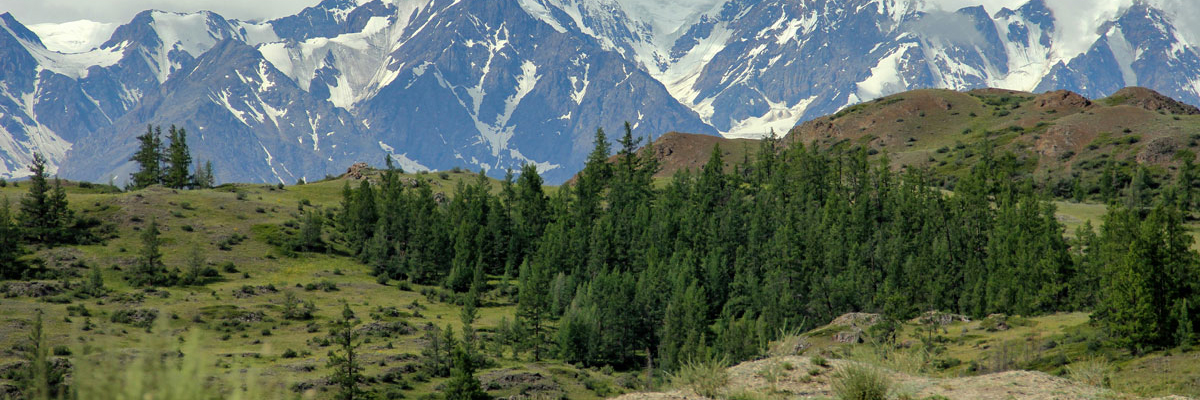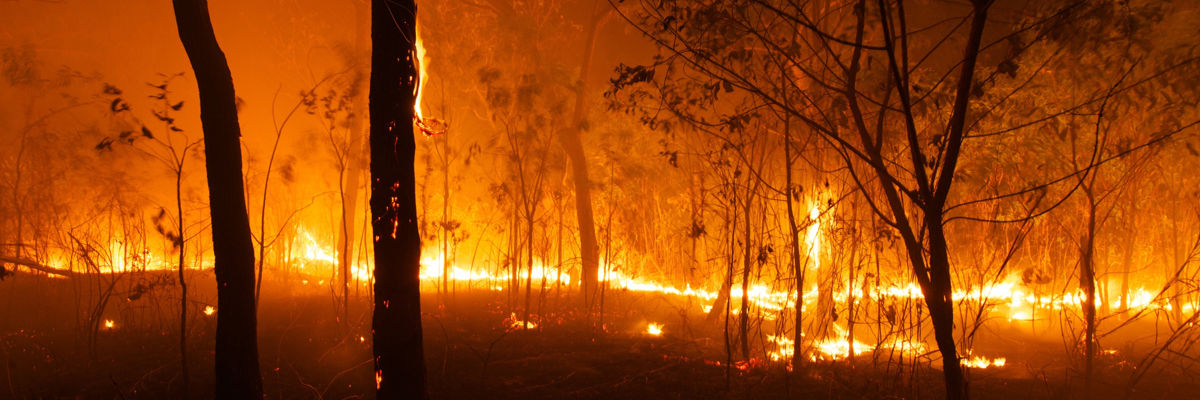During the last days of June 2021, Pacific northwest areas of the U.S. and Canada experienced temperatures never previously observed, with records broken in many places by several degrees Celsius.
Western North American extreme heat virtually impossible without human-caused climate change





